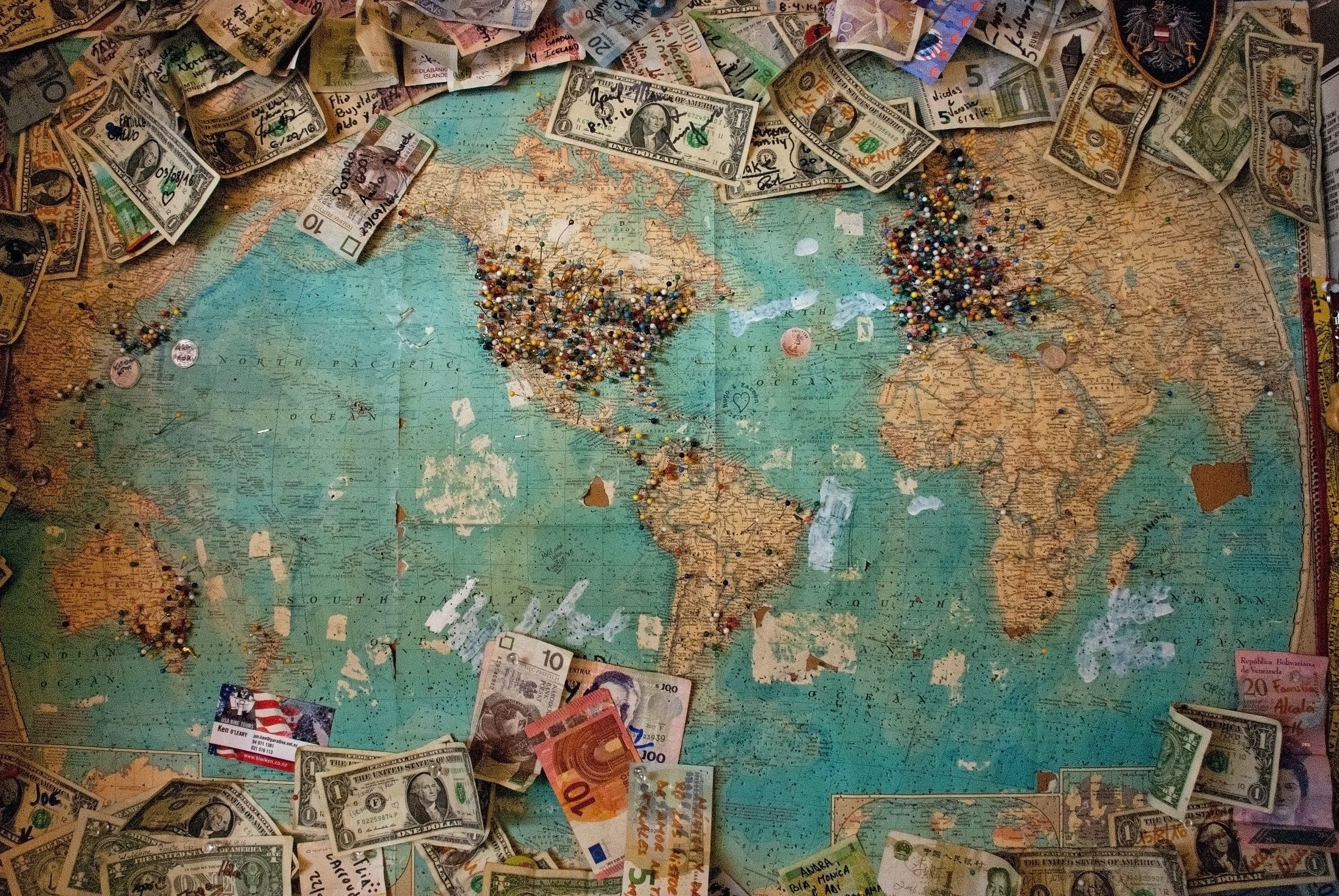‘Cancel culture’ is not a new thing. Ancient Egyptians did it regularly for Pharaohs who were not liked by their successors, like Queen Hatshepsut (1507-1458 BCE). Publius Septimius Geta (AD 189-211) was an emperor slain by his brother, Caracalla, and virtually expunged from history. The ancient Romans had a self-explanatory name for the practice: “Damnatio Memorae”. The Soviet Union created a lot of non-people, with Leon Trotsky, Lenin’s comrade-at-arms and Nicholai Yezhov, Stalin’s number one hitman in the secret police, being literally erased from Soviet history. Even a Soviet Premier, Nikita Khrushchev was, for a time, almost completely omitted from the “Great Soviet Encyclopaedia”. Damnatio Memorae has been rekindled in the past few years with the removal of offensive statues and perma-angry Twitter users who cancel artists and celebrities over statements or past behaviours.
Cancelling a person, right or wrong, is no small feat, and there are repercussions. “House of Cards” was a series that literally made Netflix, yet it features much less prominently after Kevin Spacey’s cancellation. The cancelled actor/celebrity will have worked with other people, who will now see their incomes reduced as works of art are withdrawn and themselves smeared by association. Cancelling a single human being may have outsized repercussions for everybody associated with them. Cancelling a state in a globalised world is a much, much bigger affair.
To be sure, states have been cancelled in the past. Prussia is the most famous example. A kingdom of formidable warriors, between Poland and Germany, for three centuries it played a crucial role in European geopolitics. It was Prussian Gebhard Leberecht von Blücher who essentially turned the tide at Waterloo and changed European history. Prussia was dismantled after the first world war, a ‘punishment’ for nurturing the bulk of German Army officers. Today, most Europeans would be hard-pressed to point it on a map. Same as Bohemia, Gran Colombia or Zanzibar.
In the past week, we are witnessing a historical novelty, however. The essential cancelling of an existing state, a nuclear superpower no less, and its people. It’s not just banks and oligarchs. It’s Russian athletes and sports teams, Russian expats and Russian culture, including the Ballets. Electronic Arts updated its flagship “FIFA 22” game to omit all Russian Teams. Developed markets mean to behave as if Russia simply is an ex-entity.
But western sanctions over the Ukrainian war are great and far-reaching, way beyond Russia and its nationals.
As with any historical novelty, we should also expect novel repercussions.
Take for example, space. Russia’s space capabilities are being used by companies and countries. Roscosmos (the Russian equivalent of NASA) refused to launch British communication satellites last week and warned that it’s perfectly happy to let the International Space Station, used by scientists of all nations, crash to earth. Years of space research may be lost, and the location of the crash is still a question.
Of course space is just a small issue. While economic sanctions might have the intention of agitating Russians to find a way to discard Mr. Putin, there is no guarantee that this will happen. Leaders seem seldom personally affected by sanctions. Saddam Hussein kept Iraq impoverished for over a decade after the invasion of Kuwait, but his regime was never challenged internally. Similar economic threats to Greece’s leadership in 2015 only managed to entrench the government and led to a reaction, with 60% of the country essentially wanting out of the Euro altogether, no matter what the economic damage. In his 1970 book Decent and Indecent, famous psychologist Dr. Benjamin Spock famously commented that in times of crisis, most people tend to “hug the flag”, not oppose their leader.
But what is certain is that the war and the sanctions are throwing everybody’s post-pandemic economic calculus into chaos.
Russia is a key producer of energy, nickel and palladium (used for car manufacturing), wheat (along with Ukraine 1/3 of global production), copper, gold and alumiunum. Supply chains that were just beginning to recover after tremendous pressure are now facing another massive hit. Input prices will, in all probability, soar. The IMF predicted 4.4% global growth for 2022, but risks are now to the downside. Rising prices will also change the central banks’ inflation calculus in ways we can’t yet predict. By some estimates, oil prices could reach $150 per barrel. It was already $130 on Monday morning. The Fed’s decision between supporting risk assets and fighting inflation is getting a lot more difficult. Failure on those fronts could compromise its independence. Europe, meanwhile, is preparing for a cold winter. It’s not just the price of energy at stake but also its availability.
More dominoes may yet fall. China, which is by far Russia’s biggest trading partner after the EU, could benefit from cheaper trading with Russia, but payments in Yuan could mean significant upward currency pressures. To offset these, it would have to buy Dollars, making the USD even more expensive. So while emerging market commodity producers may gain from higher prices, they could lose from Dollar firming. It is likely that investors will focus on some obvious categories, like Dollar-based real assets. This could put even more pressure on commodity prices, further destabilising global growth. US housing prices might also see upward price pressures, on the one hand giving an “equity” windfall to those who own their property and on the other pushing the dream of homeownership even further for a generation of young consumers and voters. And so it goes.
What does it all mean for investors?
The point we are trying to make is that the war in Ukraine and the concomitant reactions will have consequences we can’t yet imagine or, frankly, predict and plan for. As economic concerns take a backseat over geopolitical objectives, so will final decisions and, inasmuch as policy affects them, the returns for risk assets. This is what textbook “systematic risk” looks like, and it is un-hedgeable. But unlike anything we have seen in the past forty years, this instance comes with high inflation, which prevents central banks from mitigating the bulk of that risk. It also makes holding cash as an alternative a very expensive proposition.
The repercussions of this war and the West’s response will be felt across the globe on both the economic and political front for many years. Investors with a high tolerance for risk may choose to roll the dice. As with any significant milestone in financial history, the next few months will see new winners and ‘gurus’ emerge, while failed strategies will be forced to throw in the towel. But for the critical mass of investors, those for whom risk is a measurable quantity and financial planning is part of the equation, we think that the best course is to avoid taking significant action before the dust settles and trust in the long term properties of diversified portfolios.

